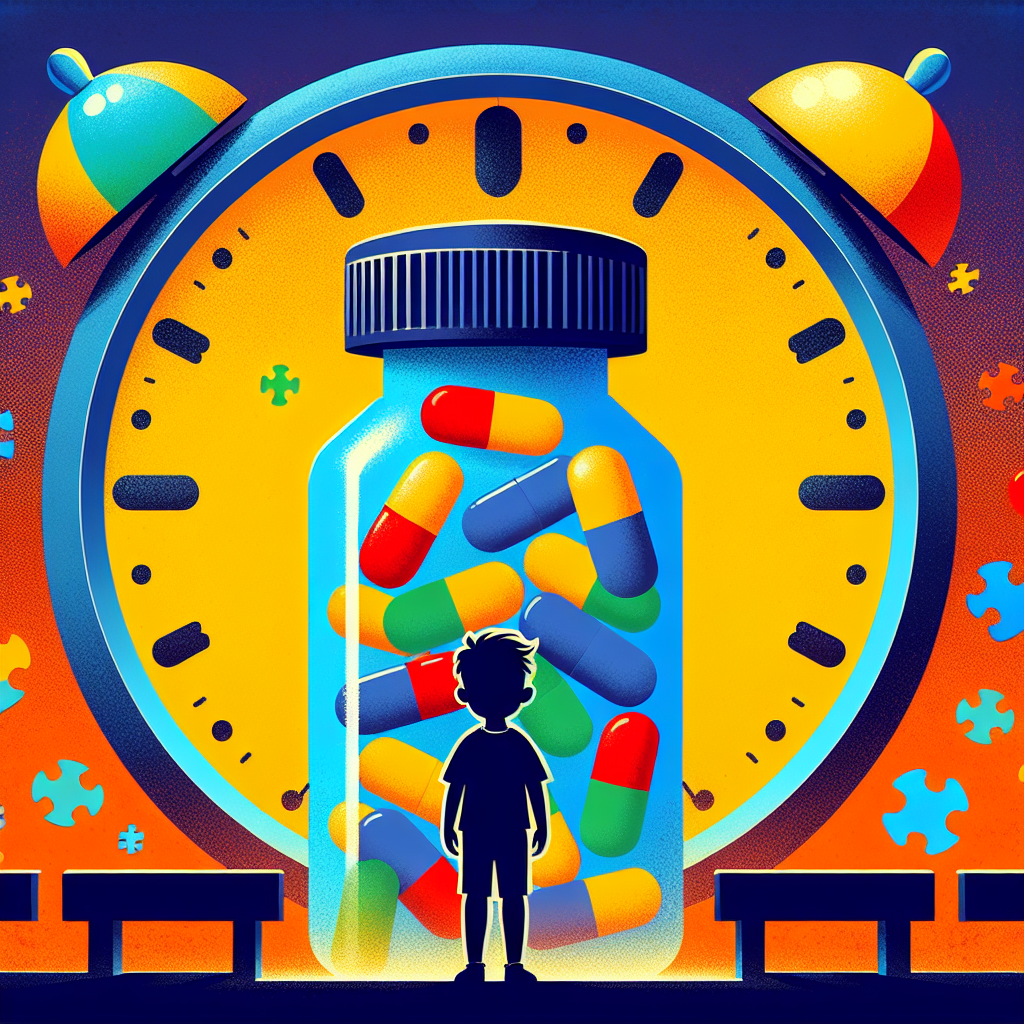
The Long-Term Impacts of ADHD Medication Overuse in Preschoolers
The rising concern over the inappropriate use of ADHD medications in young children has become a central topic among educators and psychologists. The recent findings reported in Science Daily highlight a pressing issue within the education and medical communities: many preschoolers diagnosed with Attention Deficit Hyperactivity Disorder (ADHD) are being prescribed medication despite guidelines recommending behavior therapy as the initial treatment.
Understanding ADHD in Early Childhood
ADHD is one of the most common neurodevelopmental disorders in children, often identified by symptoms such as impulsivity, difficulty staying focused, and hyperactive behavior. According to medical guidelines, behavioral therapy should be the first line of treatment for preschool-aged children with ADHD. However, due to a combination of factors such as limited access to therapy, physician pressures, and parental concerns, medication is frequently pursued as the primary treatment option.
Why Behavioral Therapy First?
Behavioral therapy is emphasized due to its non-invasive nature and long-term benefits in managing ADHD symptoms without the side effects commonly associated with medications. It focuses on teaching children how to control their behavior and cope with the symptoms of ADHD, skills that can be beneficial throughout life. Medication, while effective for some, can lead to adverse effects such as sleep problems, reduced appetite, and potential impacts on growth.
The Medication Dilemma
The situation is exacerbated by various factors:
- Limited Therapy Access: Many families lack access to qualified therapists, especially in rural or underserved areas.
- Immediate Pressure: Parents and educators often desire immediate results, perceiving medication as a quicker fix compared to the gradual process of behavioral therapy.
- Lack of Awareness: Some parents and caregivers may not be fully informed about the potential long-term side effects of ADHD medication.
These factors contribute to the trend of treating young children with medication shortly after diagnosis, despite the potential risks and reduced effectiveness in this age group.
Long-Term Implications
The over-reliance on medication for ADHD in early childhood can have significant long-term consequences. There is increasing evidence that early exposure to ADHD medications could affect neural development and overall health. Moreover, it may lead to a dependency on medication as a primary method of managing symptoms, which might not equip children with the necessary behavioral tools for future success.
Potential Neurodevelopmental Impact
Medications such as stimulants alter neurotransmitter levels in the brain, which may impact brain development during critical periods in a child’s growth. Longitudinal studies are needed to fully understand these effects, but caution is warranted given the developmental stage.
The Role of Educators and Psychologists
Educators and school psychologists play a crucial role in this landscape by advocating for evidence-based approaches and educating parents about the benefits and procedures involved in behavioral therapies. They can collaborate with parents to ensure a consistent approach to managing ADHD symptoms across home and school environments.
Conclusion
The conversation around ADHD treatment in preschoolers must be reframed to prioritize therapy and holistic approaches over medication, particularly in young children. As our understanding of ADHD evolves, so too should our strategies for addressing it in our youngest learners. It is critical to provide equitable access to behavioral therapy to ensure that all children with ADHD have the opportunity to manage their symptoms effectively and sustainably.
For detailed insights on this subject, refer to the full article on Science Daily.



